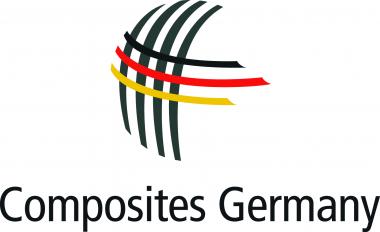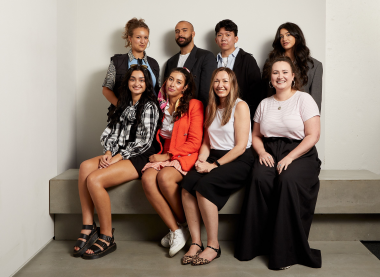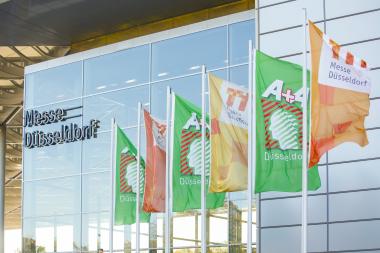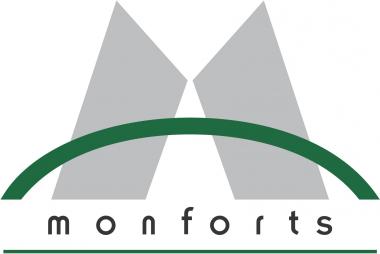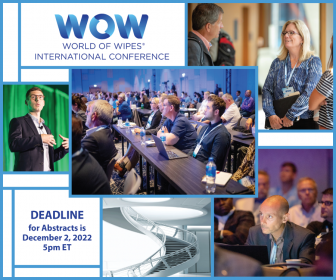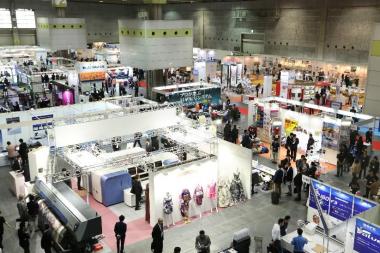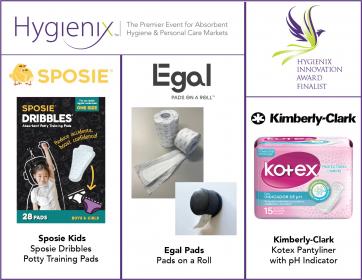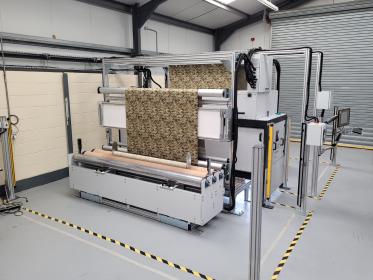FiltXPO™ 2023 taking place in October
Global leading companies from more than 15 countries in the filtration and separation industry will connect with some 1,500 industry professionals and launch their innovations at FiltXPO™ 2023, Oct. 10-12, at Navy Pier in Chicago, Illinois.
FiltXPO™, an exhibition and conference dedicated exclusively to filtration and separation, is now being held on an 18-month cycle, making it a valuable opportunity to generate new business and grow global relationships with unique exposure to the North American market, according to INDA.
FiltXPO™ will draw senior-level professionals from around the world in major market segments involved in the design, manufacture, sales, and use of filtration/separation products and services.
A feature of the event will be the technical conference – Summit for Global Change. Five panels of global industry experts will debate filtration and separation’s most compelling challenges such as indoor air quality, filtration sustainability, standards and technologies. FiltXPO™ will also offer a one-and-a-half day intensive training course on the development, testing and application of filtration and separation media.
Filtxpo INDA Association of the Nonwoven Fabrics Industry nonwovens filtration technologies
INDA













